Dexter: 5 Ways Dexter Morgan Is A Sympathetic Character (& 5 Ways He Isn’t)
Rarely has there been a show with a protagonist as divisive as Dexter. The titular character isn’t supposed to be a stereotypical “good guy,” as he is a killer who takes the lives of other killers. As one would expect, this got Dexter landed in a number of situations where his role as the protagonist was under question.
What all is said and done, Dexter comes out looking just as unsympathetic as he might be sympathetic. This is due to many of his actions being fueled by personal desire, yet he displayed a discernible level of positive character development along the way.
10 Not Sympathetic: His Satisfaction With Framing Doakes For His Own Crimes
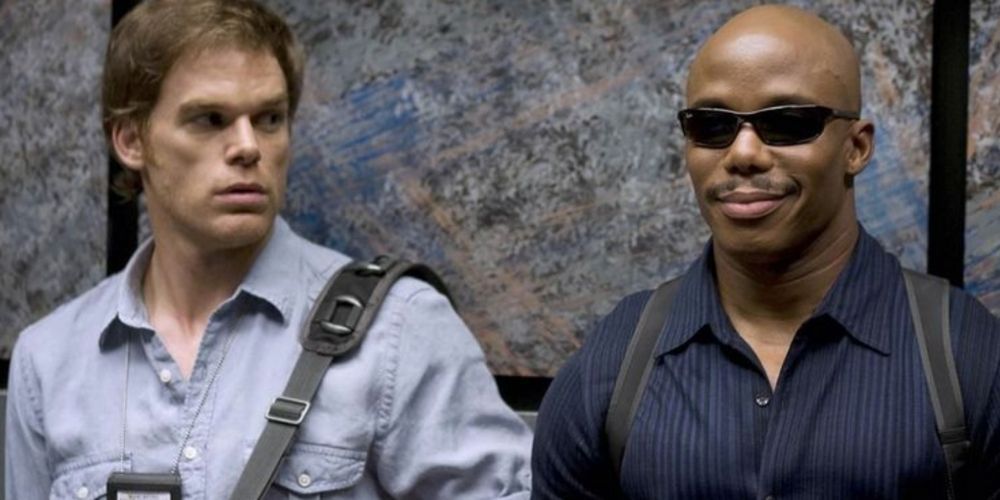
Doakes’ pursuit of Dexter is one of the show’s best storylines. Sadly, though, the payoff was against Doakes’ favor, as he was posthumously framed as the Bay Harbor Butcher. Dexter, while feeling Doakes’ death was a shame, was satisfied with being off the hook.
Doakes had been a loose cannon, but he by no means deserved to be remembered for the murders that Dexter had committed. Rather than do anything to absolve Doakes of being branded a criminal, Dexter was glad he managed to pull off this great escape and could continue his killing activities.
9 Sympathetic: He Genuinely Loved Rita
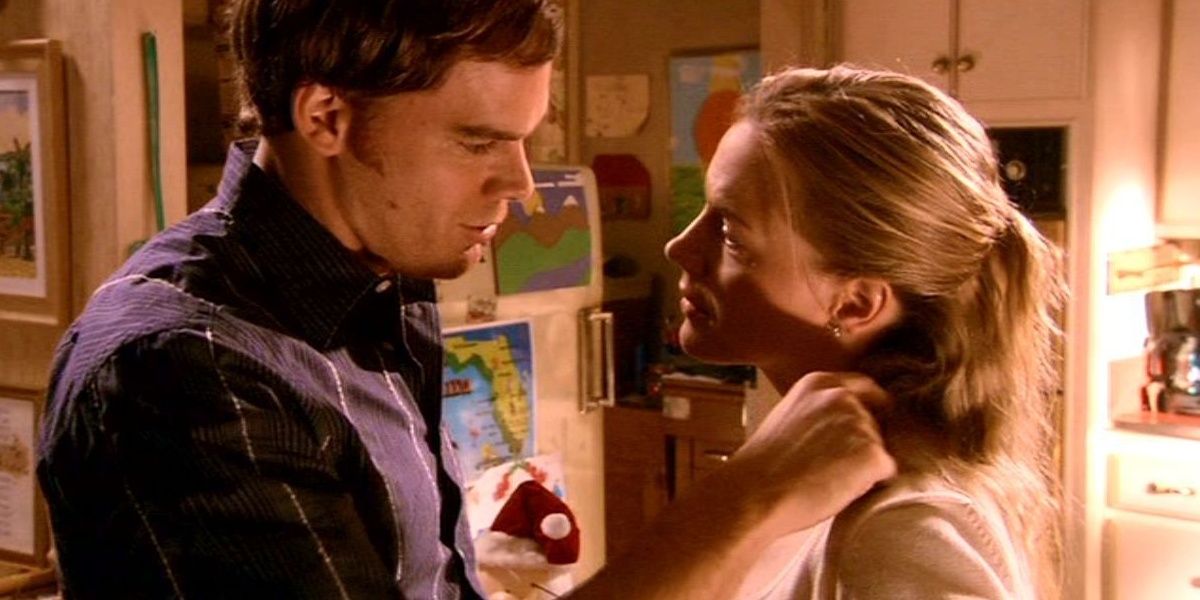
While there are still unresolved questions about Dexter, it was confirmed that he did grow to genuinely love Rita. He realized this after her death made him distraught, as Dexter felt remorse for inadvertently causing her demise.
He may have started their relationship to use Rita as a cover for his mask of normalcy, but Dexter ended up loving her for real. For this reason, his sadness at losing her shouldn’t be doubted since Dexter truly was hurt at losing his wife.
8 Not Sympathetic: His Dismissal Of The Dark Passenger

Dexter’s sudden decision to rule out his Dark Passenger is a mistake the revival needs to avoid. It was when he figured he didn’t have a Dark Passenger and simply liked killing that his sympathetic factor took a huge hit.
After all, Dexter going on to kill anyone whom he thought to be in his way not only went against his code but also left little to separate him from other killers. It became clear here that Dexter was a protagonist mainly due to the audience following his point of view. Otherwise, he was an antagonist when seen from an objective perspective.
7 Sympathetic: He Went Into Hiding To Protect His Family

Dexter seemed on the verge of death at the end of the series when he took his boat straight into the heart of the storm. This wasn’t just to cover his tracks but to ensure that anyone who might be affected by being connected to him would be safe. Of course, he didn't die and the show revealed that he went into hiding as a lumberjack.
In his own way, Dexter was selfless in this regard, as he hoped that any potential enemies he’d made would leave his family alone if Dexter’s “death” was public knowledge.
6 Not Sympathetic: Continuing To Kill Even After Killing The Wrong People
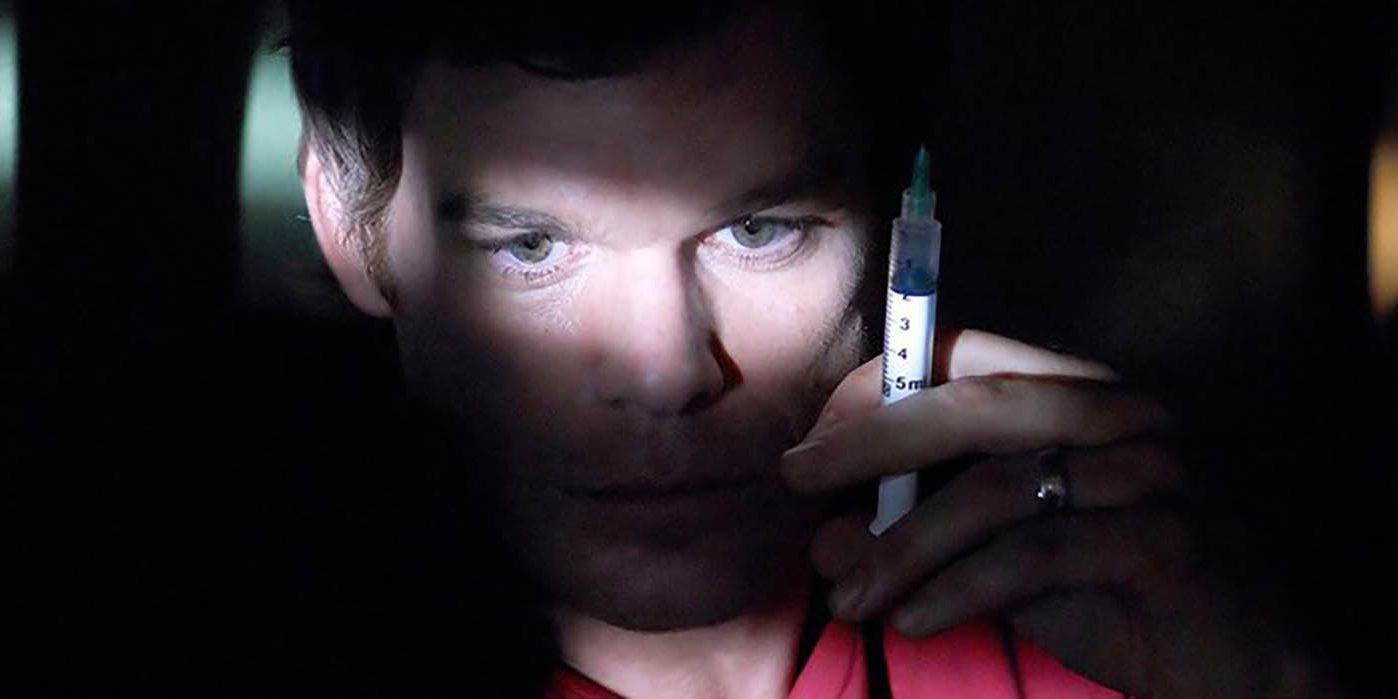
Dexter was shown to feel remorse when he killed someone who didn’t fit his code. However, the sympathy one would feel for him ebbed away over time since he continued to kill anyway.
There wasn’t any point to the code if he simply moved on from his mistakes. That's not to mention the fact that certain people like Rankin were killed simply because Dexter was angry, meaning he broke his code and didn’t even bother to ponder over it.
5 Sympathetic: He Only Became A Killer Due To Harry's Guidance
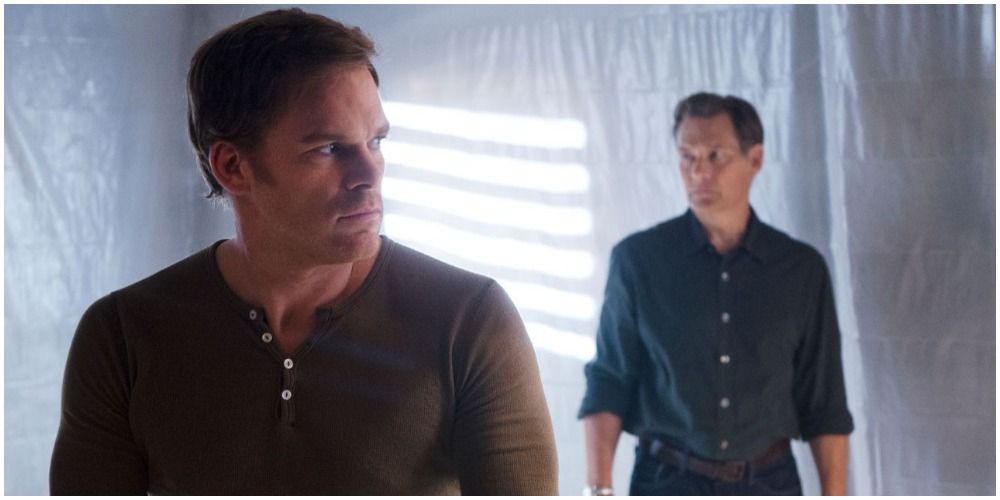
The manifestation of Harry is key as he represented Dexter’s conscience. All things considered, it was Harry who had guided Dexter to become a killer, as he felt that Dexter would have become a murderer regardless.
To this end, Harry is the one to blame for whatever Dexter did, as the latter followed the mantra left by his father. There’s also the fact that Harry had told the young Dexter to kill Juan Ryness and justified it as a way of doling out justice. This means that Dexter had the capacity to not be a killer had he been given a better guide.
4 Not Sympathetic: Arguing He's Helping Justice When He Really Just Wants To Kill
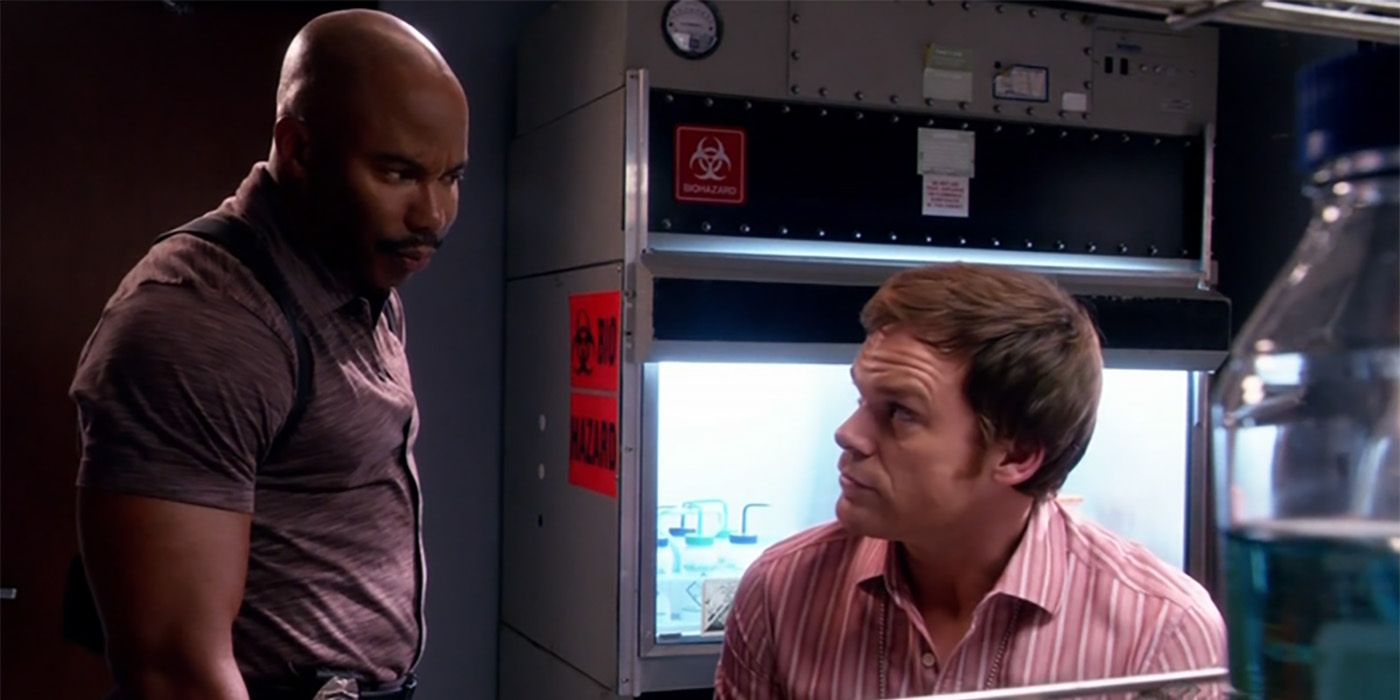
No matter what way Dexter tried to spin it, there’s no doubt that he ultimately killed people because he liked it. Upon capturing Doakes, Dexter claimed his method of killing other killers was better than the police as it meant criminals couldn’t walk free in the future.
However, it was shown that Dexter had the urge to kill without regard to seeking justice. This was confirmed when he tried to kill the innocent Laguerta after she found his truth. Dexter had come to the conclusion that he had to take her down to save his skin, rather than agree that he should be arrested for his crimes.
3 Sympathetic: His Willingness To Grow As A Person
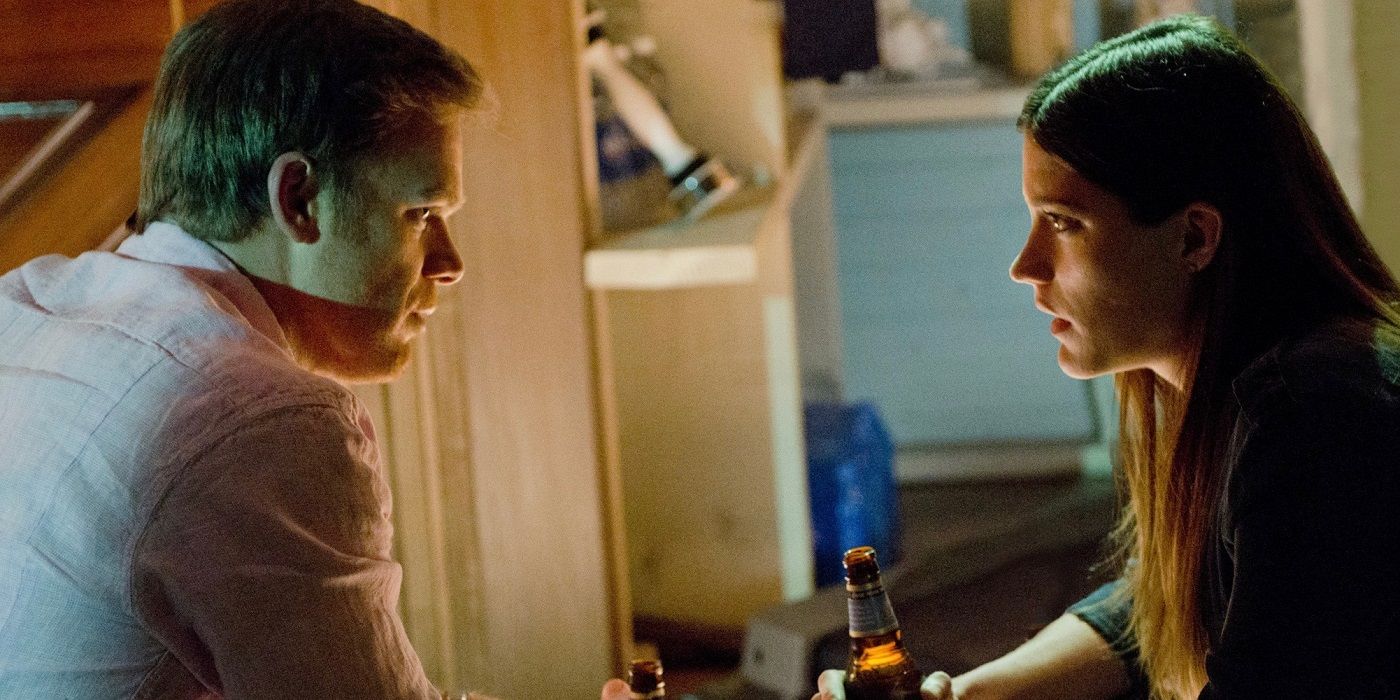
Dexter can’t be accused of staying the same over time. Dexter came to the realization that he was indeed a killer, but one who wanted to change. He even went so far as to open himself up to the concept of faith.
At the beginning of the series, he had no intention of indulging in human emotions. However, Dexter had grown to care for his family and friends, with none of this being a front.
2 Not Sympathetic: His Problems Were His Own Doing

Dexter ended up getting worse and worse as the series went on, as the majority of problems that took place happened because of him. His refusal to kill Arthur Mitchell and Oliver Saxon led to Rita and Debra’s death, along with his recruitment of Miguel Prado evolving the latter to become a merciless killer.
All in all, Dexter didn’t have anyone to blame but himself as his own decisions led to tragedy and ruin. This extended to pretty much everyone around him, meaning Dexter was responsible for the characters’ lives constantly being in jeopardy.
1 Sympathetic: He Ended Up Somewhat Paying For His Crimes
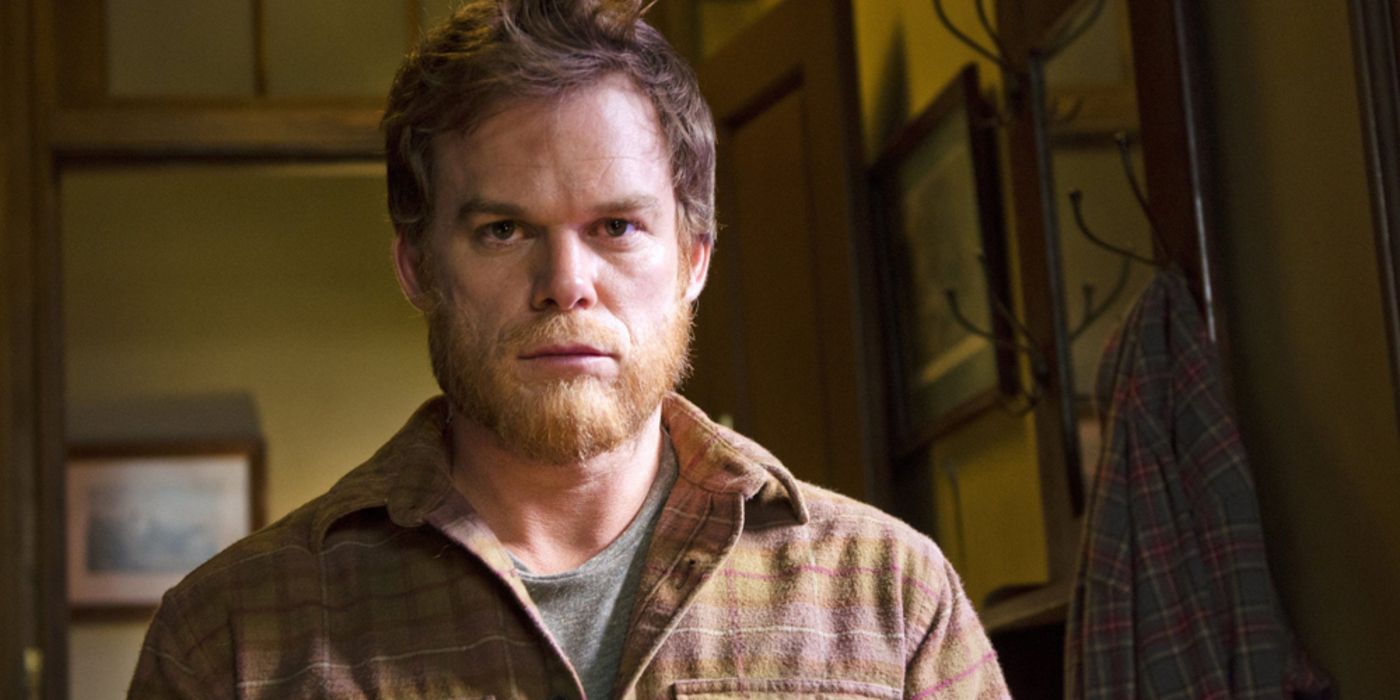
For all the criticism it received, the series finale has aged pretty well. One of the points to be noted is that Dexter paid for the bad things he did. In a way, he was trapped in his form of purgatory, forced to live a reclusive existence with nobody to love him.
Due to this, one has to feel for Dexter to forego the life he could have had with Hannah and Harrison for penance for his sins. His past caught up to him in the end and he chose to live with the consequences, thereby absolving him to an extent.
from ScreenRant - Feed
